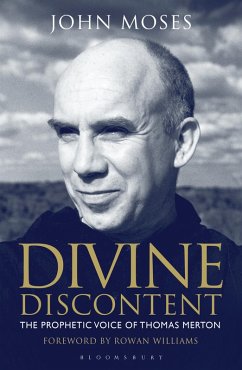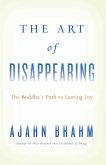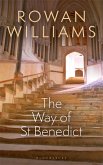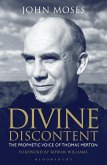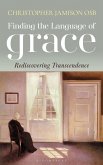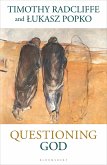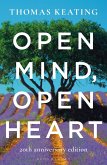Why does Thomas Merton continue to fascinate and what can he teach us today? Divine Discontent explores the paradoxes and contemporary resonances of his life and work.
Thomas Merton continues to speak with a prophetic voice. The 2015 centenary of his birth provides an opportunity to reconsider both the international reputation and the relevance in today's world of a man who still intrigues, perplexes and challenges - as a Trappist monk, as a writer, as a contemplative, as a social critic, and (in the context of world faiths) as an ecumenist.
Merton's extensive writings (many of which were not available until the late 1980s and 1990s) provide the basis of an examination of the various aspects of his story, permitting Merton to speak for himself whenever possible, but enabling also an analysis of his abiding fascination and the discontents - human and divine - that dominated so much of his life.
In the light of all that he has to say, we are encouraged to look again at our preconceived ideas about the natural world, the prevailing culture, abuses of power, questions of war and peace, institutions and the freedom of the individual, contemplation and action - and the search for God.
Thomas Merton continues to speak with a prophetic voice. The 2015 centenary of his birth provides an opportunity to reconsider both the international reputation and the relevance in today's world of a man who still intrigues, perplexes and challenges - as a Trappist monk, as a writer, as a contemplative, as a social critic, and (in the context of world faiths) as an ecumenist.
Merton's extensive writings (many of which were not available until the late 1980s and 1990s) provide the basis of an examination of the various aspects of his story, permitting Merton to speak for himself whenever possible, but enabling also an analysis of his abiding fascination and the discontents - human and divine - that dominated so much of his life.
In the light of all that he has to say, we are encouraged to look again at our preconceived ideas about the natural world, the prevailing culture, abuses of power, questions of war and peace, institutions and the freedom of the individual, contemplation and action - and the search for God.

